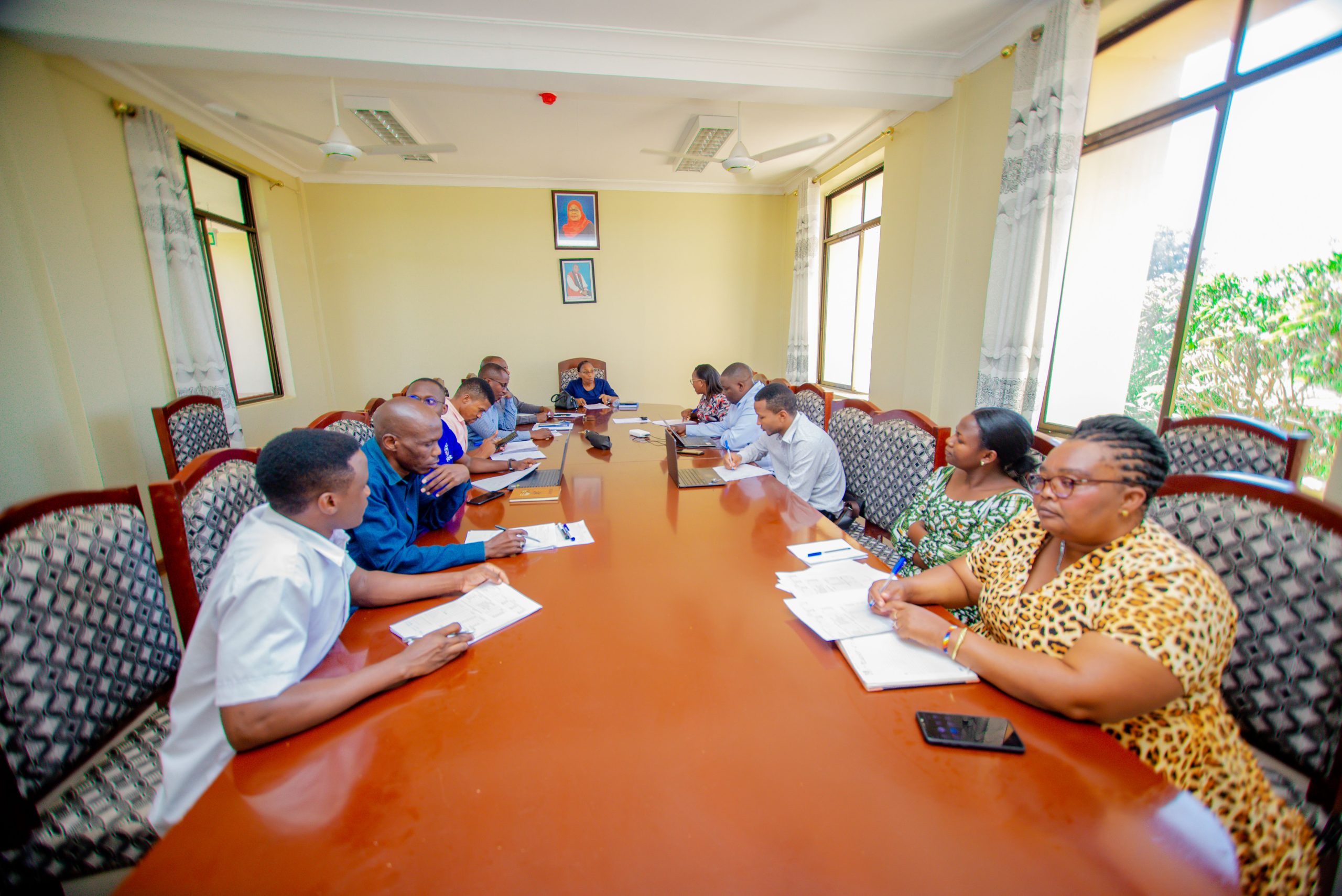Build on your classroom learning with hands-on experience
In every field of study, you know that a practical education is what will set you apart, giving you the skills you need to get into the work you want, achieve your career goals and reach your full potential.

What is experiential learning?
Experiential learning is best described as learning by doing. As a MIHS student, you'll have opportunities to get hands-on experience that's directly relevant to your program of study and supports your career and work goals.
These opportunities can take place inside or outside the classroom, and are led by an instructor, a MIHS professional, or an industry partner in the community.
Examples of experiential learning:
- Practicing career-ready competencies in a laboratory or simulated workplace
- Working in a studio to explore, experiment, research, design or develop a prototype or product
- Participating in capstone or research projects
- Work-integrated learning (apprenticeship, cooperative education, field placement, internship and mandatory professional practice)
- Co-Curricular Recognition (student life and leadership development programs, community engagement activities, clubs, athletics, committee participation, etc.)
How will experiential learning help me?
Experiential learning allows you to:
- Get hands-on experience that helps build your understanding of work expectations and enables you to stand out in a competitive job market.
- Develop leadership, technical and professional skills that employers are looking for, so that you’re ready to transition directly to the workforce once you graduate.
- Explore your interests and clarify your career goals.
- Make important networking connections to kickstart your career.






